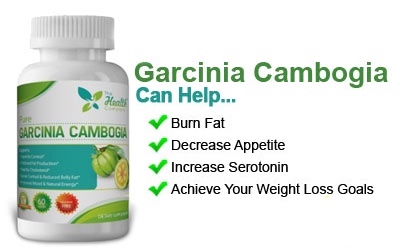
BMI is a calculation that uses your height and weight to determine your body mass index. Your doctor uses your BMI to help determine your risk of high blood pressure and other conditions.
A BMI of 25 or over means a person is overweight and that their risk for a myriad of health conditions is increased. Since, as an adult, you aren't going to be experiencing an increase in height, lowering your BMI means decreasing your weight. Many factors can either help or hinder your weight loss, and a big one of these is sleep quality.
How Does Sleep Influence Your Weight Loss Efforts?
Proper sleep has a huge impact on the regulation of a number of hormones in the body, including cortisol, ghrelin, and leptin.
- Increased cortisol, a stress hormone, from lack of sleep can tell your body to conserve unhealthy belly fat and hamper your weight loss.
- Ghrelin tells your body it's time to consume food, and ghrelin levels are higher when you are sleep-deprived.
- Leptin tells your body you're full, but levels of leptin decline when you haven't had enough sleep.
In addition to the disruption in your hormone levels, lack of sleep also causes people to eat more calories the next day and to consume more fat and less protein (H K Al Khatib, 2016). Part of this might be due to the effects of the hormones listed above, but part of it may also be that the reward centers in the brain are more active in tired than in well-rested people. Tired people are more likely to seek out comfort food.
Morning Sunlight Affects the Circadian Rhythm and Boosts Good Metabolic Hormone Levels
The amount of sunlight people get daily and when they get it can impact the quality and quantity of their sleep. Exposure to bright light in the morning helps regulate a person's circadian rhythms so they tend have a better quality of sleep, which can lead to better balance of hormones related to hunger and eating.
A recent research study showed that people who were routinely exposed to bright light in the morning were more likely to have a lower BMI than those who got bright light exposure later in the day or not at all (Kathryn J. Reid, 2014).
Getting 20-30 minutes of exposure to bright sunlight between 8 am and noon every day can cause a person's BMI to decrease.
There is generally enough light outside in the morning, even on a cloudy day, to have this positive effect, but there is not enough light inside to do it. Because many people spend their mornings inside for work, they miss this crucial light exposure.
How Can You Get More Morning Sunlight?
You can get morning sunlight into your day by making it a priority to get up a half hour earlier for coffee on the porch, deck, or stoop or, better yet, for a morning walk. Not only will being exposed to that sunlight in the morning help set your circadian rhythm and regulate your metabolic hormones, but it will also improve your mood, decrease your stress, and boost your vitamin D levels.
While at work, try to use your morning break times to get outside, even on cloudy or rainy days. Dress appropriately and take a walk around the building. Not only can this help get you your sunlight exposure, but it can also give you a mental health break so you can head back in and be more efficient at work.
Works Cited
- H K Al Khatib, S. V. (2016, Nov. 2). The effects of partial sleep deprivation on energy balance: a systematic review and meta-analysis. Retrieved from nature.com: DOI: doi:10.1038/ejcn.2016.201.
- Kathryn J. Reid, G. S. (2014, April 2). Timing and Intensity of Light Correlate with Body Weight in Adults. Retrieved from Plos One: DOI: 10.1371/journal.pone.0092251.


